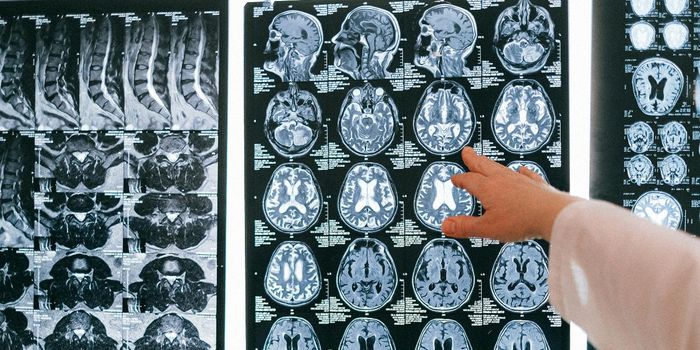Obesity Linked to Inflamed Brain Region
Hunger is more than just a growling belly. In the complex landscape of our brain, a tiny region known as the hypothalamus wields a remarkable influence over our eating behavior. Often referred to as the body's internal regulator, the minuscule yet influential hypothalamus is pivotal in motivating and deterring our appetite.
So, how does this area affect over-eating?
In a recent study, published in the journal NeuroImage: Clinical, researchers from the University of Cambridge cast new light on the relationship between the size of one's hypothalamus and obesity.
The hypothalamus and its hormone-releasing sub-regions are nestled deep within the brain. Traditionally, measuring the size of the hypothalamus has been laborious, involving the manual tracing of brain scan images collected through magnetic resonance imaging (MRI). This painstaking process consumed time and led to inconsistencies between different human tracers, leaving vast datasets of brain images unanalyzed.
However, the team from Cambridge introduced a novel approach, utilizing a cutting-edge algorithm powered by machine learning. They set out to understand how the site that governs our hunger and satiety differs across the body-mass index (BMI) spectrum.
This algorithm delved into a dataset comprising 1,351 young adults, spanning from underweight to obese, and even encompassing individuals with anorexia nervosa and bulimia. Through this revolutionary method, scientists discerned the size of various hypothalamic sub-regions more accurately than ever.
The findings were striking. Among the diverse groups, those classified as overweight and obese exhibited significantly larger hypothalamic regions. The team's algorithm honed in on specific sub-regions, such as the paraventricular nucleus and the arcuate nucleus, which are associated with hormones known to influence hunger.
The researchers speculated that inflammation might be the driving force behind the enlarged hypothalamus in overweight and obese individuals. Localized enlargement within critical eating behavior areas resembles inflammation patterns observed in animal models subjected to high-fat diets. The study's first author, Dr. Stephanie Brown, explains, "If what we see in mice is the case in people, then eating a high-fat diet could trigger inflammation of our appetite control centre [sic]. Over time, this would change our ability to tell when we've eaten enough and how our body processes blood sugar, leading us to put on weight," via EurekAlert!.
This was an observational study, meaning it could not establish a causal relationship between obesity and hypothalamic volume in either direction. However, previous work has shown that inflammation disrupts the proper functioning of the hypothalamus. This disruption leads to an elevated threshold for feeling full, ultimately influencing individuals to consume more.
For those attempting to diet, the brain's behavior control areas might face the urges generated by an inflamed hypothalamus. This clash between the brain's regulation of complex behaviors and the impact of inflammation adds a new layer of understanding obesity.
Sources: NeuroImage Clinical, EurekAlert!,









